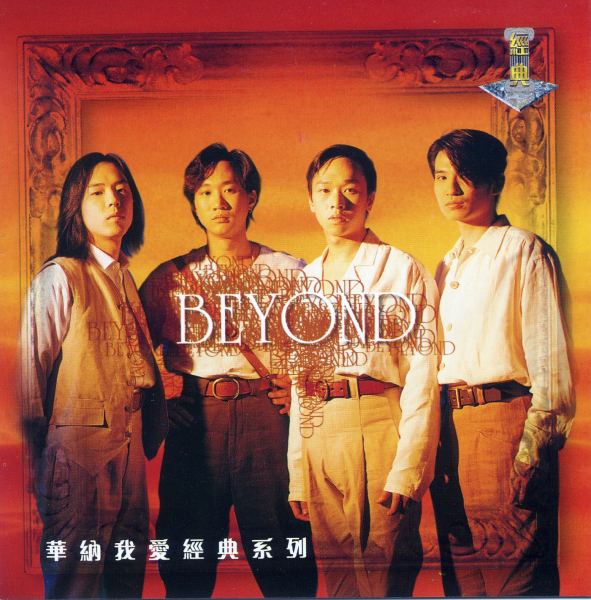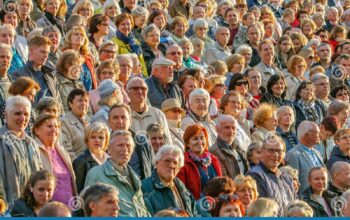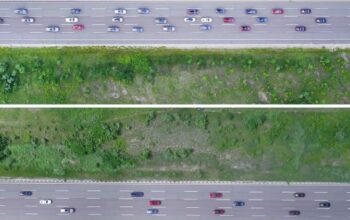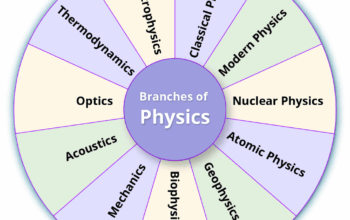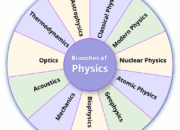When one contemplates education, the quintessential image that often emerges is that of a formal classroom. Students sit in rows, scribbling notes, their focus riveted on the instructor at the front of the room. However, beyond these four walls lies a vast expanse of opportunity: informal education. Have you ever pondered the myriad ways in which learning transpires outside traditional educational frameworks? From serendipitous encounters with knowledgeable strangers to the immersive experiences of cultural exploration, informal education offers a plethora of unexpected benefits that can elevate individual growth and understanding to extraordinary heights.
The concept of informal education extends far beyond the structured rigidity of school curricula. It encompasses every bout of unstructured learning, be it through hands-on experiences, explorations in nature, or mentorship programs. For example, consider how interactions within a community setting facilitate knowledge transfer in ways that mere textbooks cannot capture. When individuals engage with their environment, they glean practical insights that foster cognitive development and social understanding. This essay aims to elucidate the surprising benefits of informal education, integrating facets such as increased creativity, enhanced adaptability, social cohesion, and the cultivation of lifelong learning attitudes.
To underscore the value of informal education, one must first contemplate its intrinsic ability to foster creativity. In traditional educational contexts, the scope of expression may be encumbered by standardized testing and rigid structures, potentially stifling innovative thought. Informal education, on the other hand, encourages experimentation. When individuals engage in activities such as community art projects or collaborative workshops, they are empowered to explore their creativity without the pernicious fear of failure that often accompanies formal assessment. Such an environment cultivates a mindset open to exploration, encouraging learners to harness their imaginative abilities to approach problems effectively.
Further, the improvisational nature of informal education enhances adaptability. In our rapidly changing world, the capacity to pivot and acclimate is paramount. Through informal learning experiences, individuals encounter diverse situations that necessitate quick thinking and resourcefulness. For instance, a volunteer project in a foreign country may present unexpected challenges, such as language barriers or cultural misunderstandings. Successfully navigating these obstacles fosters not just problem-solving skills, but also the resilience to face unfamiliar scenarios with poise and confidence. This adaptability subsequently permeates other aspects of life, enabling individuals to confront a myriad of complexities both personally and professionally.
Moreover, informal education serves as a vehicle for social cohesion. By participating in community events or engaging in collaborative learning experiences, individuals forge meaningful connections that transcend cultural and socioeconomic barriers. These interactions create a tapestry of relationships that enrich one’s social fabric, enhancing empathy and understanding. For example, local community gardens can illustrate this phenomenon in action. Participants from various backgrounds unite for a common purpose: cultivating the land. As they work side by side, they exchange stories, opinions, and knowledge, ultimately weaving a network that strengthens communal ties and promotes societal harmony.
In addition to fostering creativity, adaptability, and social cohesion, informal education plays a critical role in cultivating lifelong learning attitudes. The notion of lifelong learning aligns with the belief that education is not confined to the years spent in formal institutions. Rather, it is a continuous process that extends throughout one’s lifetime. Informal education promotes this tenet by embedding the idea of perpetual growth through engagement with diverse learning environments. Whether through online forums, workshops, or self-directed projects, individuals are inspired to pursue knowledge autonomously, integrating newfound insights into their daily lives.
Nevertheless, one may pose the question: what are the impediments that hinder the recognition and valorization of informal education within society? The cultural challenge lies in the pervasive elevation of formal education as the benchmark of legitimacy. Despite the array of benefits that informal learning provides, it is often perceived as inferior or less credible. Consequently, individuals may eschew informal learning opportunities in favor of traditional educational modalities, inadvertently undermining their holistic development. Addressing this stigma is paramount in fostering a more inclusive understanding of what constitutes valuable education.
Furthermore, harnessing technology presents an efficacious avenue to bridge the gap between formal and informal education. The rise of online platforms and interactive applications has revolutionized accessibility to educational resources. Individuals can engage with thought leaders, partake in workshops, and pursue various topics at their own pace, transcending the limitations of conventional classroom structures. By integrating technology, society can reimagine the educational landscape, thereby expanding the realms of informal learning and broadening access to knowledge for all.
In conclusion, the benefits of informal education extend far beyond the confines of traditional learning environments. Emphasizing creativity, adaptability, social cohesion, and lifelong learning attitudes, informal education engenders a more holistic and enriching learning experience. As society begins to acknowledge and embrace these dimensions, it becomes imperative to advocate for a paradigm shift—one that values informal education alongside formal methodologies. The interplay of both modalities may very well hold the key to unlocking individual potential and fostering a more enlightened and equitable society. In challenging traditional perceptions, one is left to wonder: what other transformative insights await discovery in the realm of informal education?
